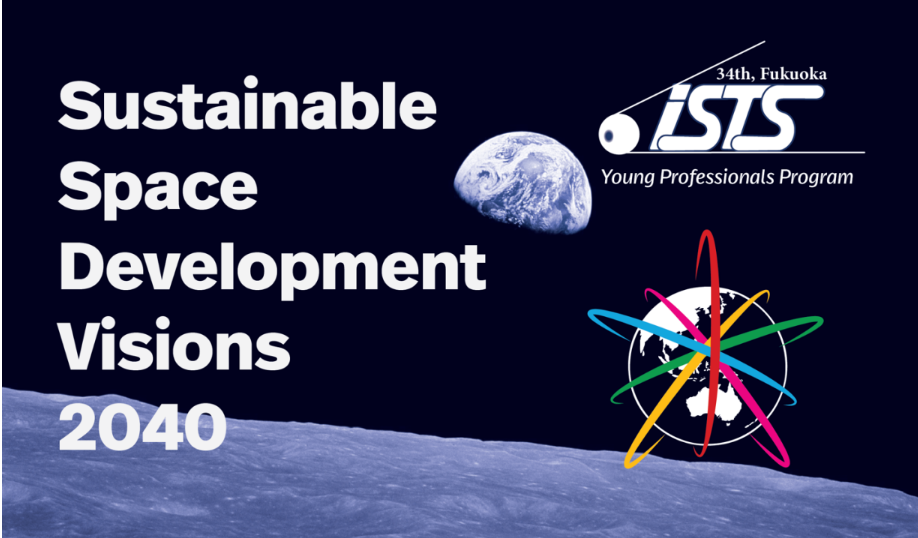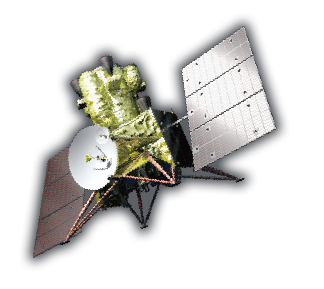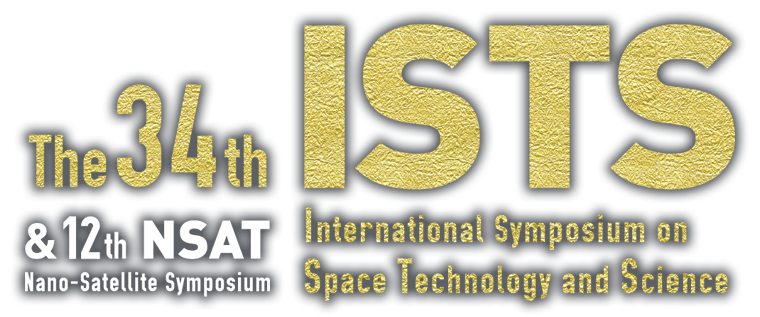
Applications Now Open
Background and Purpose
Space activities are reaching a turning point due to the rapid growth of the commercial space sector and the development of new infrastructures such as lunar orbital gateways and space transportation systems. It is necessary to think about visions for space development involving not only national government organizations and academic institutions but also private companies. In addition, “sustainability” is an indispensable keyword for the future of space development. Sustainability here includes not only environmental sustainability, such as debris management and planetary protection, but also economic sustainability, allowing space development without dependence on governmental budgets. Therefore, the ISTS will hold a program in which students and young professionals from industry, academia, and government can work together on the building blocks of sustainable space development visions for 2040. Through this activity, we aim to create teams that can not only draw cross-sectional visions, but also break through the vertical divisions between occupations and fields, to solve problems as one.
Activities
Five teams (about six members each) will be formed to discuss sustainable space visions. Each team will discuss “themes to be solved for 2040” and present their vision for solving the issues at the plenary session of ISTS on June 7, 2023.

Discussion Themes
Team α. Crewed Space Exploration and Settlement (Moon/Mars/Asteroids)
Currently, space development plans of various countries aim to establish permanent settlements on the Moon, Mars, asteroids, and other celestial bodies. As lunar development progresses, centered on the Artemis program, what challenges do you see for expanding the scope of human activities from the Moon to Mars, asteroids, and other celestial bodies?
Team β. International Collaboration
Since space development is a collection of various cutting-edge technologies and requires enormous costs, international cooperation is indispensable. On the other hand, as in the Cold War, competition can promote the development of space technology. This group will discuss how we should promote space development while utilizing cooperation and competition.
Team γ. Environmental protection
Despite global agreement on the core principles and norms to ensure space safety and sustainability (e.g. United Nations Long-Term Sustainability guidelines), the space environment continues to degrade. What are the current bottlenecks (e.g. policy/regulatory, technological) and what can be done to overcome this situation?
Team δ. Public-private cooperation
Space development is no longer the exclusive domain of national governments. Cooperation between the both the public and private domains will be necessary to improve profitability and efficiency in the rapidly emerging international market. It is thus in our best interest to identify the different strengths of government and corporations and use this to guide new collaborative action.
Team ε. Space Entrepreneurship in Japan
Entrepreneurship is central to space development. In Japan, there are around 100 space start-ups, in sectors such as space transportation, space communications, remote sensing and satellite manufacturing. This team will investigate Japan’s strengths in space entrepreneurship, and make an informed prediction: in 2040, what kind of Japanese space start-ups will be the most competitive, among start-ups from around the world?
The organizers will arrange discussion sessions with senior experts from Japan and abroad related to the theme of each team.
Schedule
Important Dates (in Japan Standard Time, JST)
| Deadline of the application (Participants will be selected by lottery) | |
| April 7 (TBD) | Confirmation of the team members |
| April TBD* | Ice breaking and brainstorming (Online. Attendance is mandatory.) |
| June TBD* (During ISTS) | On-site brainstorming and networking (Hybrid) |
| June 7 TBD | Pitch and panel discussion in the plenary session (Hybrid) |
* The first meeting is held on April 15 or 16. The detailed schedule will be decided based on the availability of team members.
How to Apply
- Please access the following website or QR code. Although this project is intended for young people, there are no restrictions on age or background.
- Please note that the final participants will be selected by lottery based on the number of applications received.
https://forms.gle/Xb9ctnjAXu8VDkxS8

Organizing Committee Members

Naoya Ozaki
Assistant Professor of Astrodynamics at ISAS, JAXA, Space Mission Designer.
Shion Ando
Assistant Professor of Combustion Science at Kyushu University.
Quentin Verspieren
Assistant Professor of Space Policy at the University of Tokyo.
Naoko Shimmi
Satellite &Components Business Promotion Department, Satellite Strategy Development & Operation Division, Canon Electronics Inc.
Maximilien Berthet
Assistant Professor of Aeronautics and Astronautics at the University of Tokyo.
Contact Information
Naoya Ozaki (ISAS, JAXA) <ozaki.naoya[at]jaxa.jp>
Maximilien Berthet (University of Tokyo) <berthet[at]daedalus.k.u-tokyo.ac.jp>


